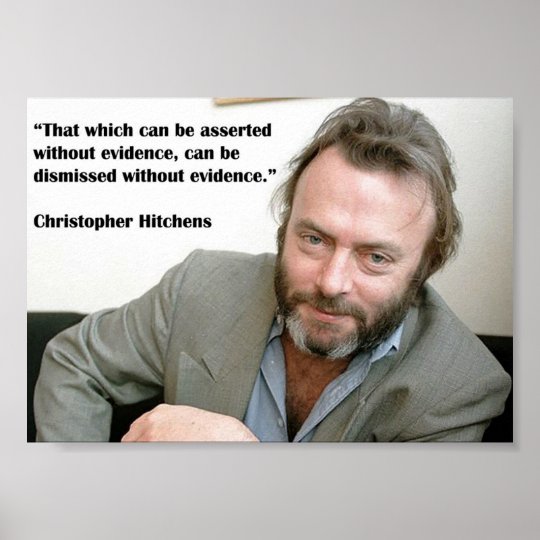

A consequence of family break-up is that no political party, but especially the Conservative Party, can rely on an "inherited" constituency of support, passed on from generation to generation. It is therefore integral to the stability of the nation state. Hitchens' concern for the family is that it is the primary unit through which tradition and "prejudice" (his word) are passed on. Even microwave ovens are held partially responsible for Britain's moral breakdown. This combination is summed up in his comparison of Gregory Pincus, inventor of the contraceptive pill, with Russian revolutionary Lenin in the "dubious pantheon of men who changed the world for better or worse this century". Anti-communism and misogyny combine in his railings against liberal divorce laws and female employment. This is a theme constantly returned to throughout the book. It represented the final nail in the coffin of the nuclear family. For him, the ramifications of the latter's victory in the case went beyond literary standards.
#Hitchens blind liberas trial
Hitchens describes the trial as symbolising the struggle between the old establishment-seeking to rebuild Britain along "traditional" lines-and the new liberals. Prior to this case, the state could censor material with virtual impunity. The Lady Chatterley of the title refers to the obscenity trial taken against D.H. Even the English countryside "from which British people of all classes have drawn much of their national identity" was virtually eradicated in the face of this undeclared civil war. All played their part in an insidious "social engineering" project aimed at creating a more egalitarian society. In its place came the welfare state, sexual promiscuity, comprehensive education, urban sprawl and rock and roll. Pride in Britain's traditions, the empire, the English language-even the family-buckled before this "Americanisation".

Its strength and spirit sapped, Britain's ruling elite proved unable to withstand the tide of alien cosmopolitanism, transmitted through "a new type of middle class, mainly state educated and state employed". "The old power of British traditions, the magic of British uniforms and the authority of British upper-class voices, the power of British ceremony, began to crumble from within at this point". Throughout the period of the Cold War, this had certain benefits, but its price was enormous.Įconomically, politically and morally Britain succumbed to its powerful ally. To salvage some international standing, the British ruling class was forced to conclude an unequal alliance with its American occupiers. Its GIs, stationed throughout the country towards the end of the war, were in reality a "reasonably well-disciplined army of occupation", he complains. Although nominally one of the principal victors at the end of the Second World War, "the unspeakable truth was that by 1941 we were a defeated nation, whose conquerors had neglected to invade us".īritain's foremost conqueror was the United States. He writes that two world wars and the loss of empire placed Britain's ruling classes in an unenviable situation. This has apparently now reached its apogee in the Blair Labour government. But his basic thesis is that in the course of the twentieth century, and in the post-war period in particular, the British nation state has been the victim of a creeping coup d'etat by the liberal intelligentsia. Hitchens occasionally hops back several centuries in an effort to give his book some historic authenticity. Andrew Marr, former editor of the pro-Labour Independent newspaper and columnist in the Observer, described the book as the "most sustained, internally logical and powerful attack on Tony Blair and all his works". Yet Hitchens' outpourings have been greeted in certain liberal circles as a cogent contribution to political debate. It is packed with prejudice, puerile amalgams and gaping inconsistencies. Unsurprisingly then, reading his recently published book The Abolition of Britain-from Lady Chatterley to Tony Blair (Quartet Books, I8117 6) is akin to wading through a foul smelling sewer. Outside of a brief flirtation with radical politics during his student days, he has spent his political life on the Conservative Party's extreme right.

Peter Hitchens is a journalist for the Daily Express and a talk radio presenter.


 0 kommentar(er)
0 kommentar(er)
